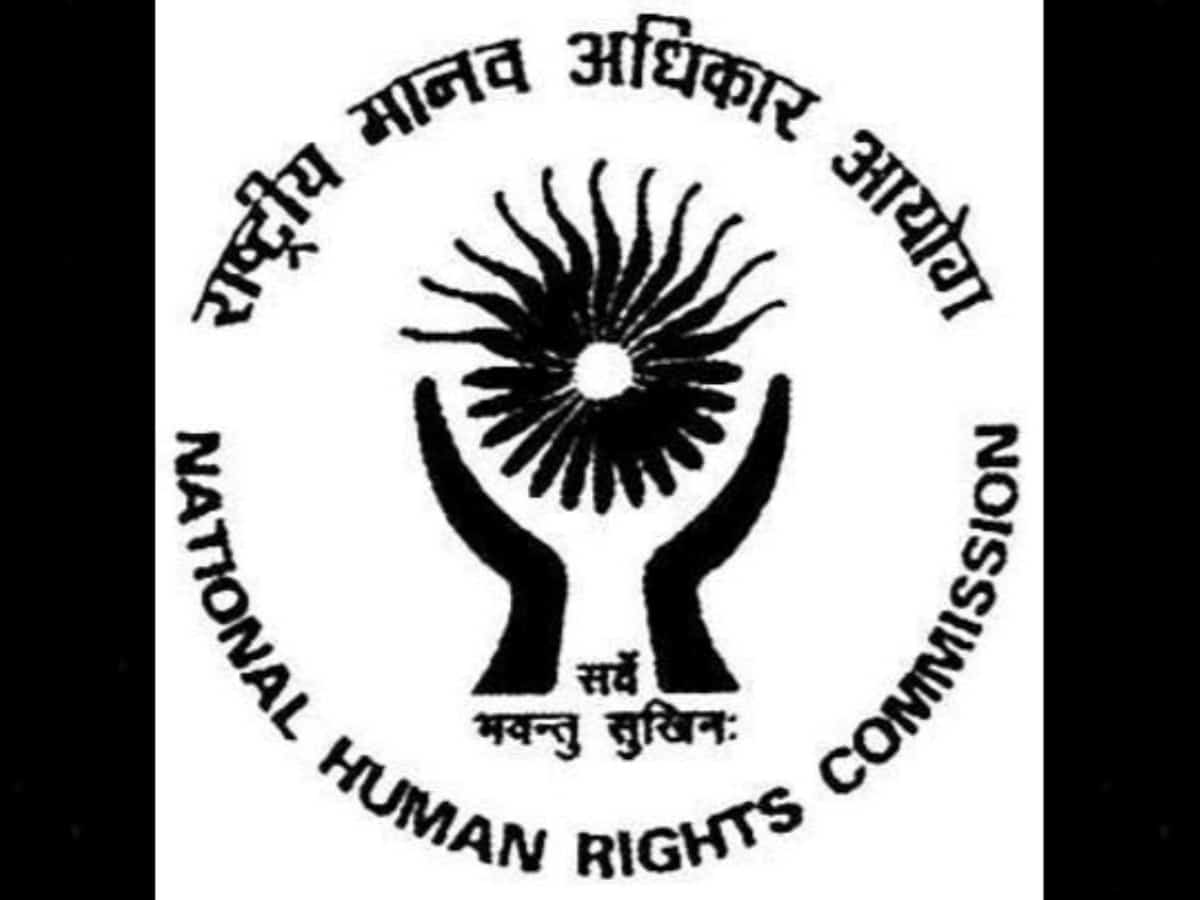
New Delhi: Terrorism causes grave violation of human rights of citizens in the entire world, and condoning terror acts and terrorists is a “great disservice” to the cause of human rights, NHRC Chairperson Justice (retd) Arun Kumar Mishra said on Sunday.
In his address at an event to mark Human Rights Day at Bharat Mandapam here, he also said the ethical ramifications of advancing technologies are “matter of grave concern”.
The occasion also marked the 75th anniversary of the Universal Declaration of Human Rights.
Vice President Jagdeep Dhankhar was the chief guest at the event hosted by the National Human Rights Commission (NHRC) that was attended by several other dignitaries. UN Resident Coordinator in India Shombi Sharp was also present on the dais.
Sharp, in his address, also read out the message of UN Secretary-General Ant nio Guterres to the audience.
The iconic opening sentence of the Universal Declaration of Human Rights is as important today as it was when it was adopted 75 years ago that ‘All human beings are born free and equal in dignity and rights’, the UN secretary-general said in his message.
Guterres called upon the member states to use this 75th anniversary, and the summit of the future next year, to strengthen their commitments to the timeless values of this Declaration which is a roadmap, “helping to end wars, heal divisions” and promote lives of peace and dignity for all.
Justice Mishra in his address emphasised that “Universal Declaration of Human Rights contain ideals that conform to our values”.
He also underlined that a “dramatic rise in inequality” and the triple crisis of climate, biodiversity and pollution require immediate attention.
He added that the challenges of modern technologies weave through the fabric of contemporary society.
“New digital technologies have transformed the way people live and helped drive progress of all sustainable goals. Internet is useful but has a dark side, infringing upon privacy through the spread of hate speech, misinformation undermining democratic process,” Justice Mishra said.
He also pointed to violence against women and children in the online space.
“If maliciously used, it (Internet) can fuel divisions within and between communities and undermine human rights,” the NHRC chief said.
“Terrorism causes grave violation of human rights of citizens in the whole world. It has been seen that innocent people suffer. Condoning or sympathising with terror activities and terrorists is a great disservice to cause of human rights. (We) must not glorify or sympathise with them,” he asserted.
The NHRC chief also said that women and children must be kept at the centre of sustainable development.
He also lauded the role of the institutions of local self-governance, municipal bodies and panchayats, saying that these institutions are indispensable in implementing constitutional values ‘Swaraj’ on the ground.
They must effectively and transparently discharge their statutory civic functions enjoined upon them in advancing human rights and promoting the concept of fraternity by improving the quality of life ensuring clean water supply, sanitation, and public health, and ensuring equality for citizens, the NHRC chief said.
He said both governmental and individual responsibilities are integral to creating a just and equitable society where human rights are valued, protected, and upheld for every individual.
Justice Mishra flagged five burning issues, which, he said, have huge ramifications on human rights on a vast scale — poverty, climate change, harmonising human rights and business, women empowerment in the workplaces, providing safe and secure cyberspace and strengthening vulnerable groups including transgender, persons with mental illnesses, sex workers, beggars, destitute, elderly, orphaned children, and persons in need.
Their human rights violations must be addressed “on priority”, with sensitivity to their plight, he said.
Besides, the problems of spurious drugs, medicines, food adulteration, and drug addiction, among the young generation must be dealt with stringently and expeditiously, he added.



